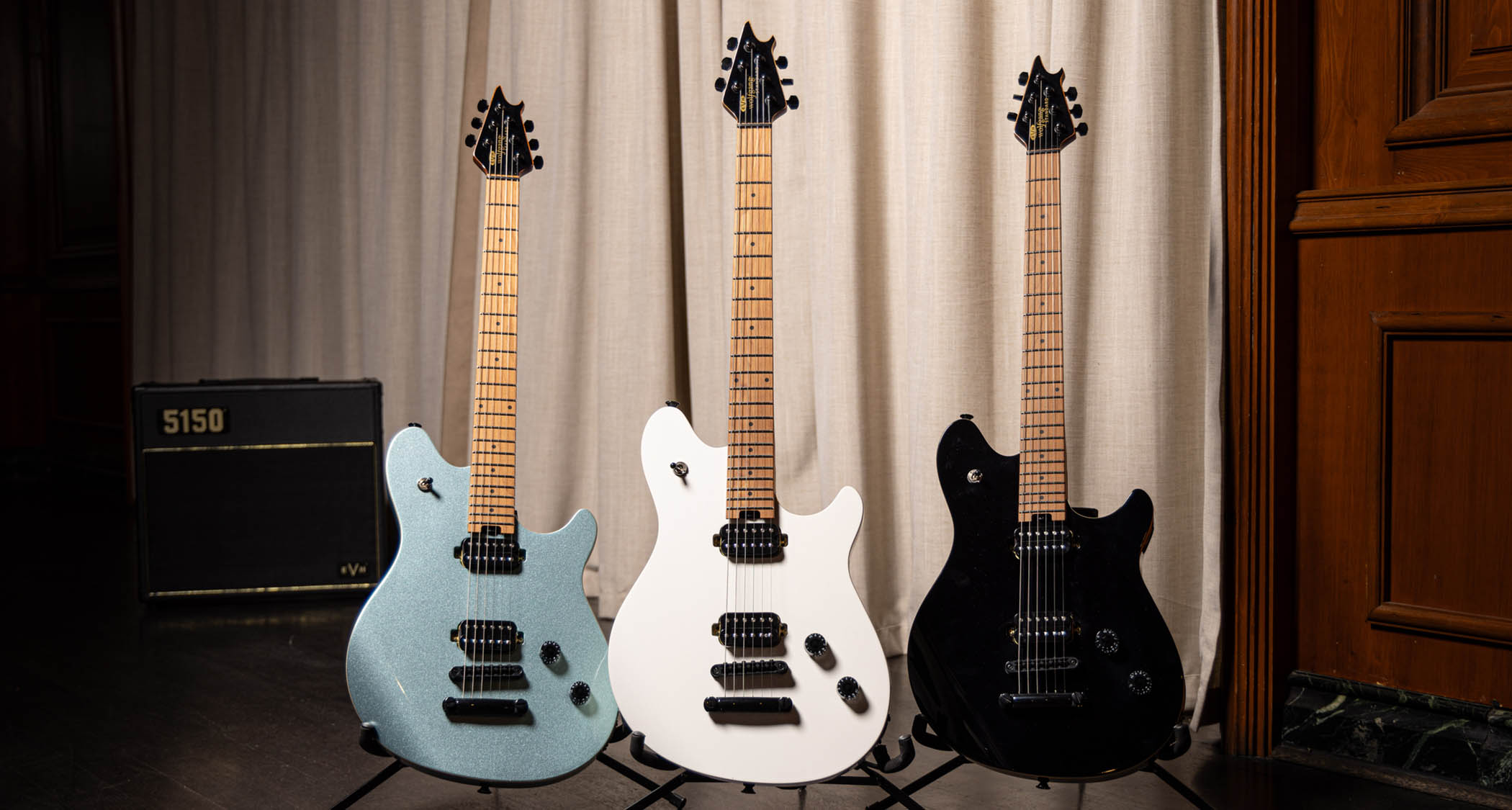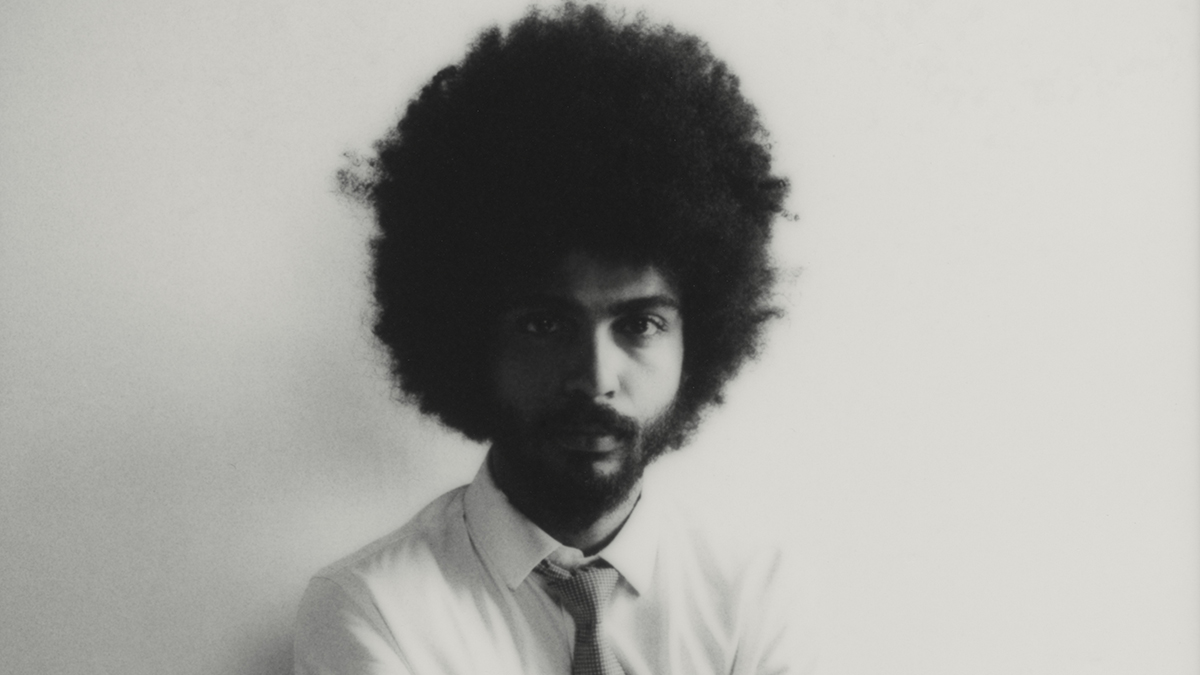Roland’s new AI ‘technology preview’ claims it can “freshen ideas, remove writer’s block, and discover the undiscovered” – and you can try it right now
Tone Explorer uses neutral networks to match Roland Cloud sounds to your MIDI phrases
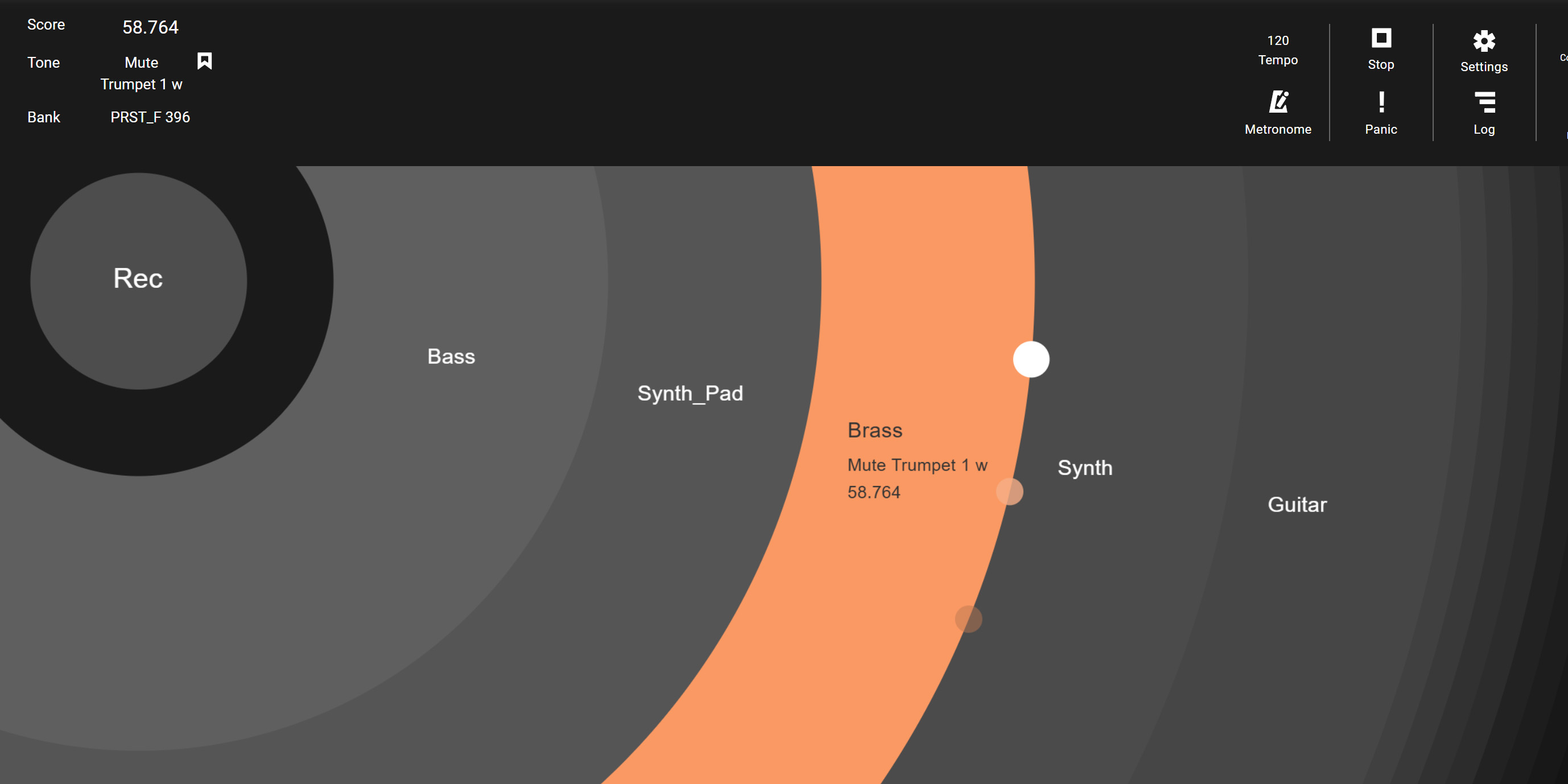
With its Roland Cloud software, Roland has spent much of the past decade building up a vast library of sounds for electronic music makers to draw upon, from emulations of vintage synthesizers to sampled acoustic instruments, modern soundscape machines and beyond. It’s a bountiful, expansive collection – and it can be a lot to get your head around.
With its new ‘technology preview’ – launched by Roland’s Future Design Lab R&D arm – the company appears to be addressing this, aiming to help musicians overcome the decision paralysis that can come from being presented with so many potential sounds.
This help comes in the form of Tone Explorer, a new AI-assisted tool designed to match potential instrument sounds to your MIDI ideas. It does this by analysing a musical phrase with the help of neural networks, before presenting the user with a number of potential sounds that it suggests could suit it, ranked using a scoring system.
“The model is built by performing metric learning with a neural network consisting of both MIDI and tone data,” Roland explains. “It then analyses and calculates the ‘distance’ between phrases and tones to extract compatibility indicators. Tones are given a ‘score’ as a guide to compatibility, and then Tone Explorer provides graphical views of the tone choices for deeper exploration.”
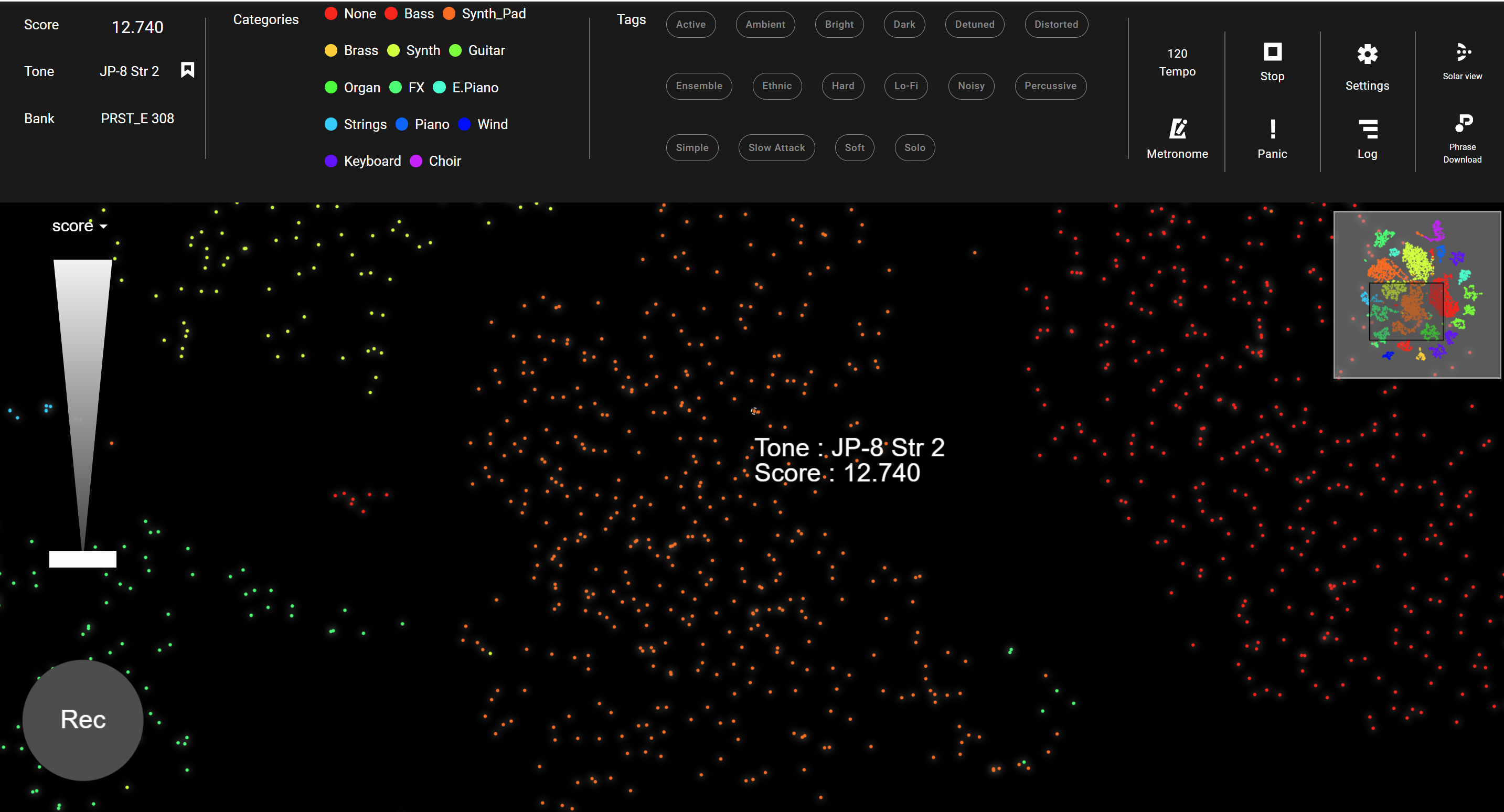
By doing so, rather than presenting the user a definitive answer of the sound it thinks you should be using, Tone Explorer instead presents a narrowed down selection of presets for you to audition. Or, as its promo website puts it: “Leveraging the intelligence of machine learning, Tone Explorer helps you freshen ideas, remove writer’s block, and discover the undiscovered.”
The Tone Explorer technology has been developed by Roland Future Design Lab alongside Japanese AI specialists Qosmo.
Roland Cloud Ultimate subscribers can try Tone Explorer now. The technology itself runs within a web browser, and requires the use of the latest version of Google Chrome. It works in conjunction with the Zenology synth at the heart of Roland’s Zen-Core instruments, along with Galaxias which is the ‘super instrument’ Roland Cloud uses as a shared UI for its multitude of virtual vintage synth recreations.
Get the MusicRadar Newsletter
Want all the hottest music and gear news, reviews, deals, features and more, direct to your inbox? Sign up here.
Roland is keen to stress that Tone Explorer is currently only a ‘technology preview’ – functional for users to experiment with, but still an unfinished work in progress. It hopes that user feedback will aid with further development of the project.
“When Roland and Universal Music Group established The Principles for Music Creation with AI, hearing from musicians as we consider and develop AI applications was made fundamental,” says Paul McCabe, leader of Roland Future Design Lab. “With the Tone Explorer technology preview, we are honouring this as we seek input from innovative music creators on everything from initial concept to execution. If we move forward with Tone Explorer development in the future, it will be based directly on the feedback we receive over the coming weeks.”
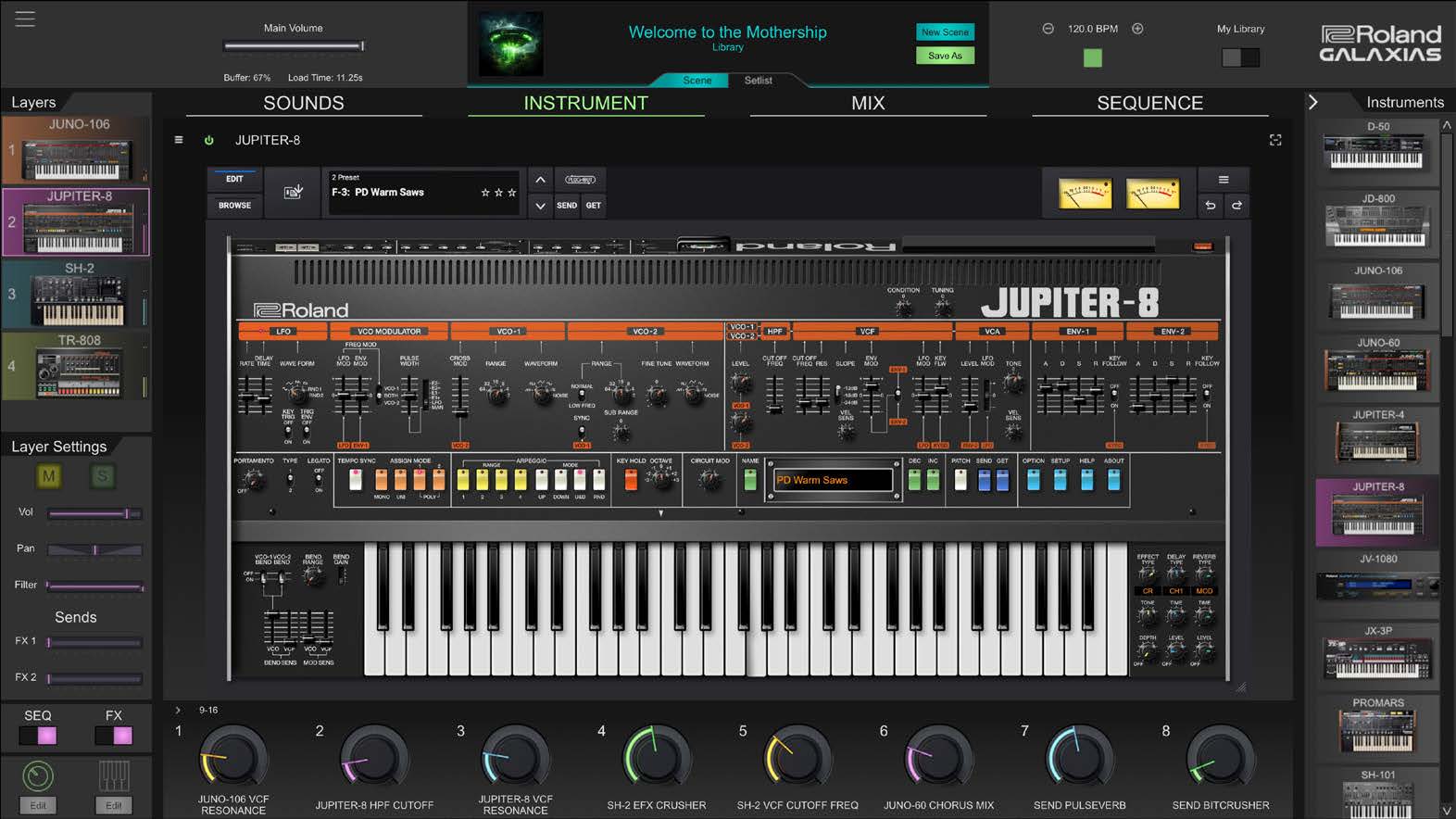
On the subject of Galaxias, the ‘super instrument’ recently received an update of its own, bringing it to version 1.3. Highlights of that update include better plugin compatibility, now offering VST3 and AUv2 compatibility in Mac and Windows DAWs. It also brought improvements to the synth’s LFOs, along with CPU optimisation that promises improved speed and performance.
Galaxias houses an impressive 23,000 sounds lifted from Roland’s back catalogue of synths, drum machines and effects.
Find out more about Tone Explorer at the official site.
Hear Roland Zen-Core sounds in action in our SH-4d demo



I'm the Managing Editor of Music Technology at MusicRadar and former Editor-in-Chief of Future Music, Computer Music and Electronic Musician. I've been messing around with music tech in various forms for over two decades. I've also spent the last 10 years forgetting how to play guitar. Find me in the chillout room at raves complaining that it's past my bedtime.
“I just treated it like I treat my 4-track… It sounds exactly like what I was used to getting with tape”: How Yves Jarvis recorded his whole album in Audacity, the free and open-source audio editor
Waves makes 7 plugins available for free, including convolution reverb, FM synth and tube saturator





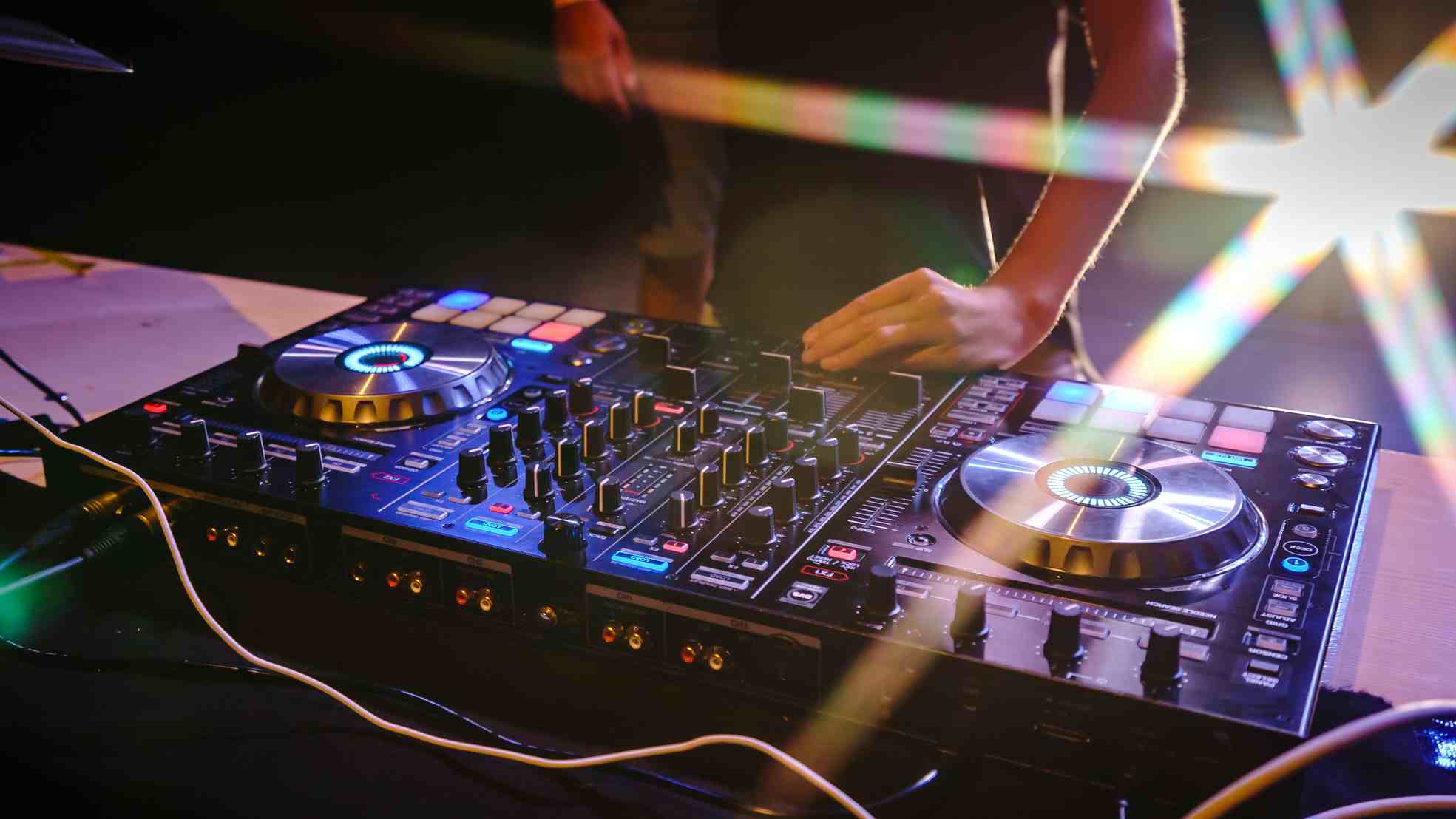
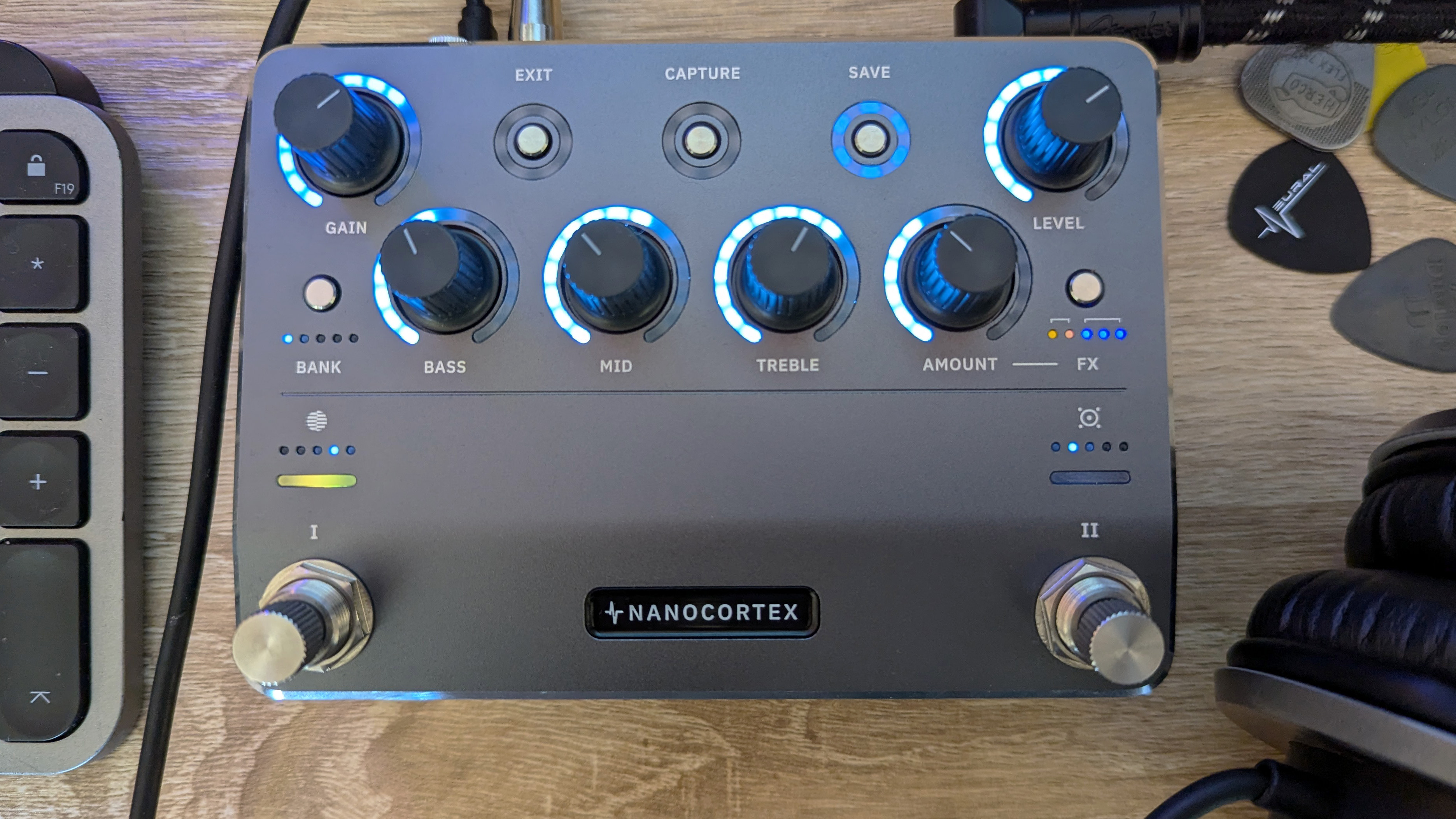
![Gretsch Limited Edition Paisley Penguin [left] and Honey Dipper Resonator: the Penguin dresses the famous singlecut in gold sparkle with a Paisley Pattern graphic, while the 99 per cent aluminium Honey Dipper makes a welcome return to the lineup.](https://cdn.mos.cms.futurecdn.net/BgZycMYFMAgTErT4DdsgbG.jpg)
